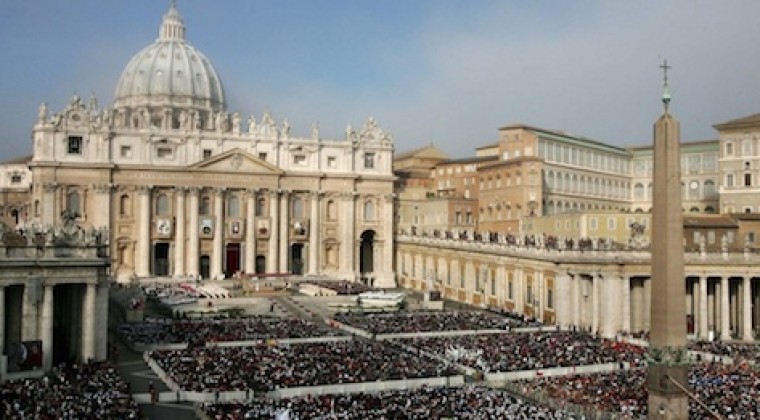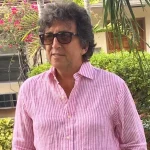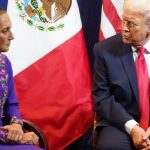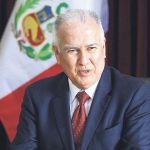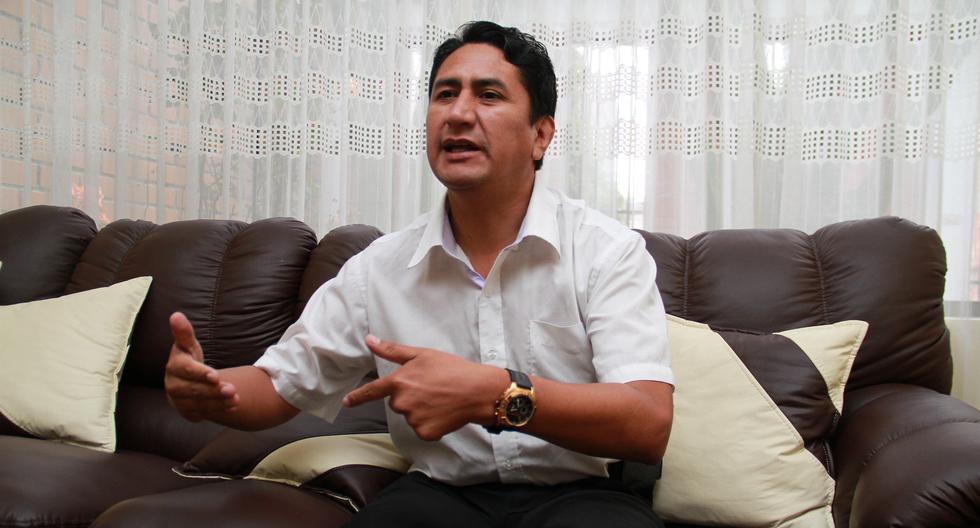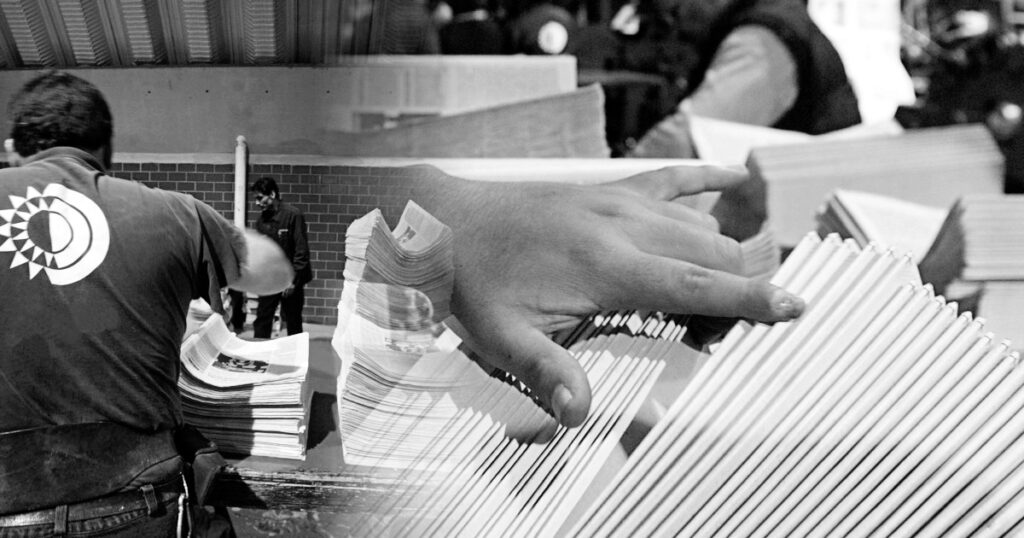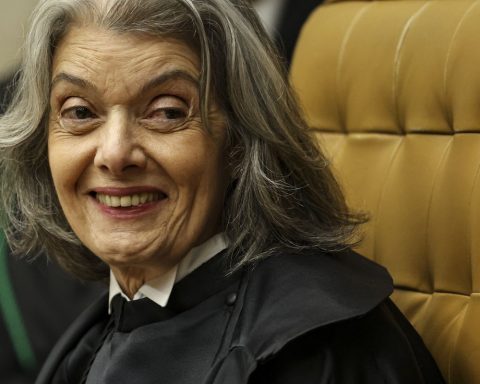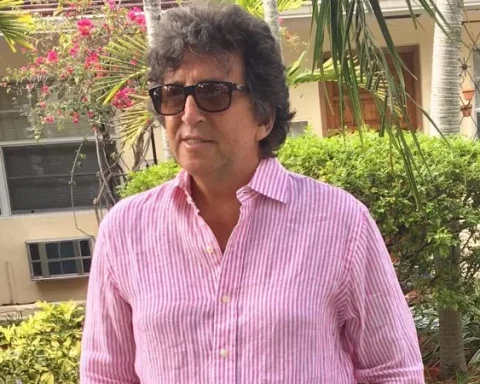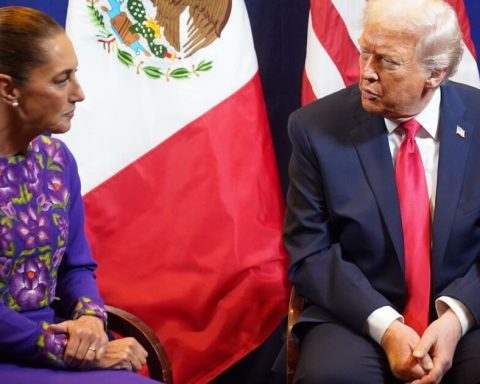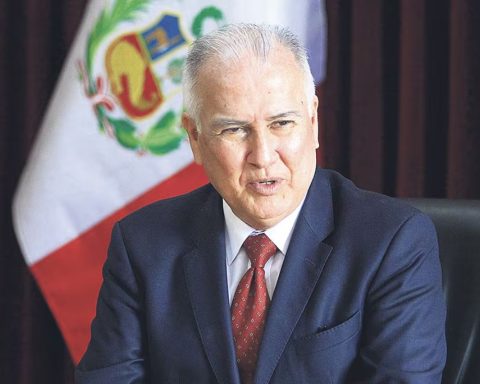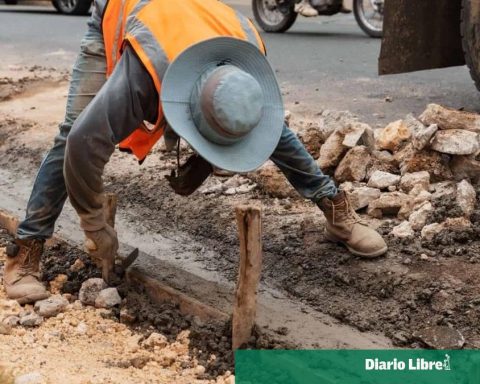In a press release, “the Holy See noted with surprise and regret the news of the ‘investment ceremony’, on November 24 in Nanchang, of Monsignor Giovanni Peng Weizhao, Bishop of Yujiang (Jiangxi Province), as ‘auxiliary bishop of Jiangxi’, an unrecognized diocese”.
“This event did not take place in accordance with the spirit of dialogue that exists between the Vatican and Chinese parties and as stipulated in the provisional agreement (of 2018) on the appointment of bishops.”
The Vatican revealed last month that it had renewed for the second time the agreement that allows Beijing and the Holy See to have a say in the appointment of bishops in China.
For decades there have been two Catholic churches in China, one that answers to Beijing and an “underground” congregation that remains faithful to Rome, often at the cost of enormous personal sacrifice.
The 2018 deal allowed Beijing to choose bishops and have the Holy See approve their appointment, but some called it a “betrayal” of China’s underground Catholics.
The Vatican considered that the “civil recognition” of the new bishop had taken place, “according to the information received”, against the background of “prolonged and intense pressure from the local authorities”, without giving further details.
“The Holy See hopes that similar episodes will not be repeated” and has said that it expects a communication in this regard from the Chinese authorities.
The Vatican “reaffirms its full availability to continue respectful dialogue on all issues of common interest.”
The 2018 agreement was renewed despite tensions that arose after the arrest in May of retired Cardinal Joseph Zen, one of Asia’s oldest Catholic cardinals, by Hong Kong authorities.
The 90-year-old prelate is one of six dissidents convicted on Friday of running a multimillion-dollar defense fund for anti-government protesters detained under national security legislation that Beijing imposed in 2020, a year after the outbreak of mass demonstrations. sometimes violent.
